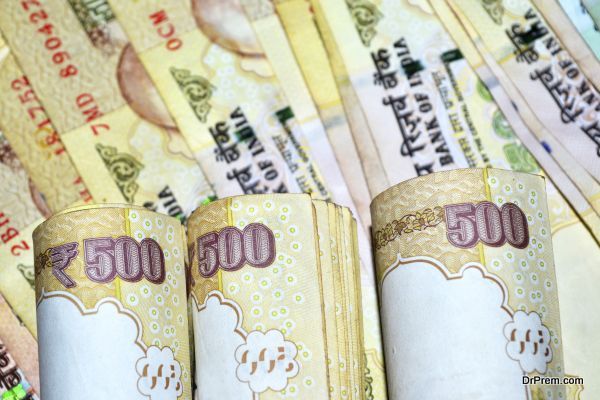The continuous reduction in oil prices may have certain countries fuming about how their economies would get affected in the process. Not India though. The nation has actually been basking in the windfall it has experienced and continues to experience owing to the steady dip of global oil prices. Reports suggest that the government has decided to make the most of this situation by introducing a budget (for the fiscal year 2015/16) that would not only have enough cash to meet targets, but support reforms as well.

The budget would primarily be considered as a test of the nation’s Prime Minister Narenda Modi’s ability to initiate and lead India’s economic reform movement. More so, as the interim budget by the government in July last year proved to be a disappointment. The current situation however, would definitely aid Modi in his goals to lead India to experience an annual growth of 8%.
The continuous dip in oil prices allowed the Indian government to pocket over $18 billion from hiked petrol fuel taxes and reduced diesel prices. The government has planned to use over $8 billion of these funds to promote Modi’s manufacturing and infrastructure reforms.
The government has also started selling important stakes in several state companies across the nation. This in turn, has encouraged investors to invest in India’s fast emerging market that has already reflected on the BSE share index that has risen above 5%. This prompted foreign investors to place over $5.5 billion in the country’s debt and equity markets.

The reforms announced by the government would also concentrate on reducing the fiscal deficit from 4.1% to just 3.6% of GDP for the current fiscal year. However, Modi as well as his team know that this can be considered as just a honeymoon period, which would most definitely not continue forever. The government is henc, under the pressure of trying to push forward all of its reforms and speed things up before the end of this dream run. Modi has also been reiterating the same, urging the nation to step forward and accept these reforms for the betterment of the country and its economy
The budget for the fiscal 2015/16 would probably be presented by the last week of February, It would also most probably support the government’s ‘Make in India’ initiative by introducing reforms like increased tax incentives for the manufacturing sector, higher duties on final products and lower input taxes on production inputs. The decline of the nation’s current account deficit would also most probably reduce the taxes on gold imports to a great extent.
Summary
Continuous reduction of global oil prices has enabled India to reduce its current account deficit considerably in addition to earning enough cash to support reforms. However, considering the volatile nature of the global market, India would need to make hay while the sun shines and push its reforms as soon as possible.



